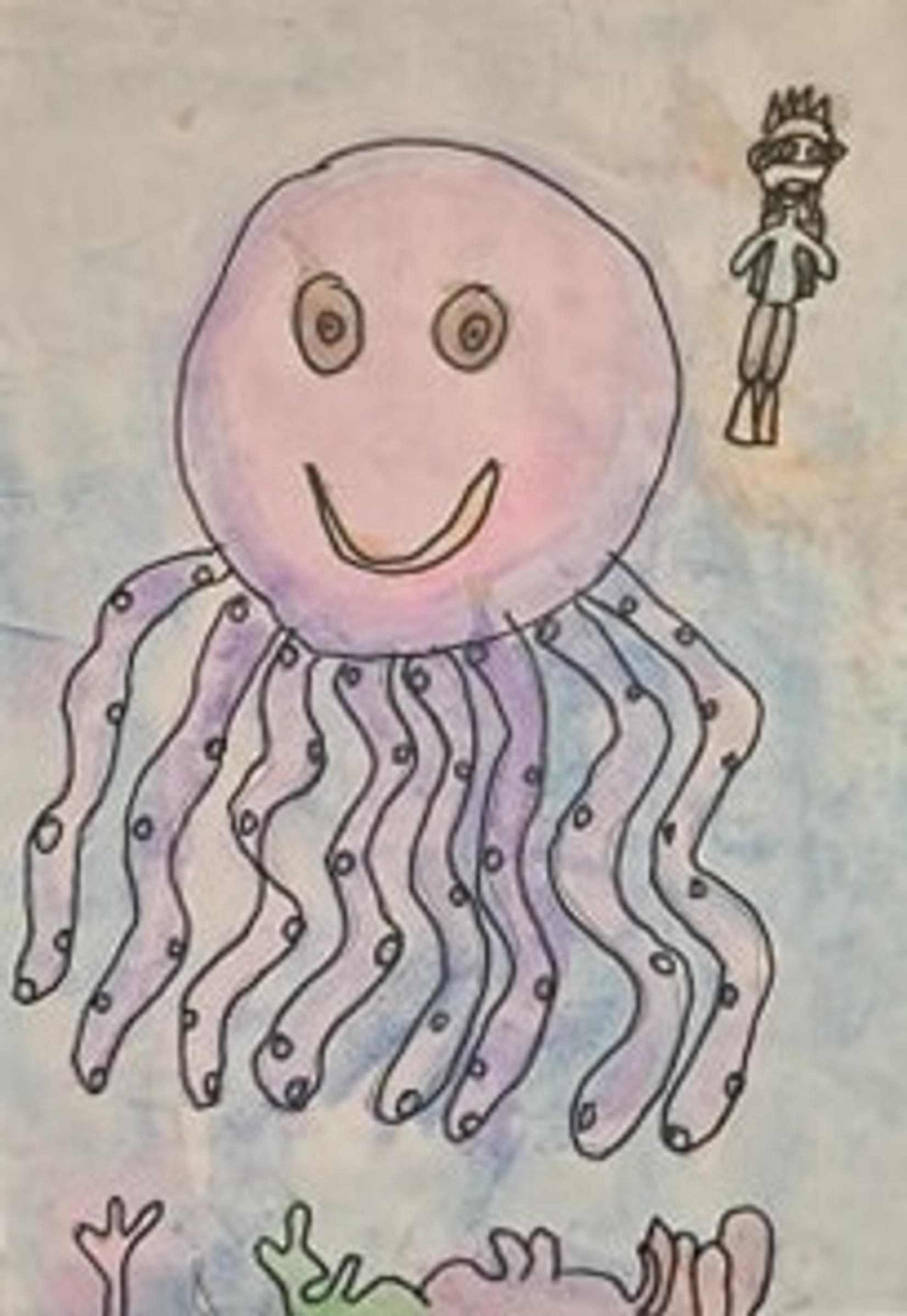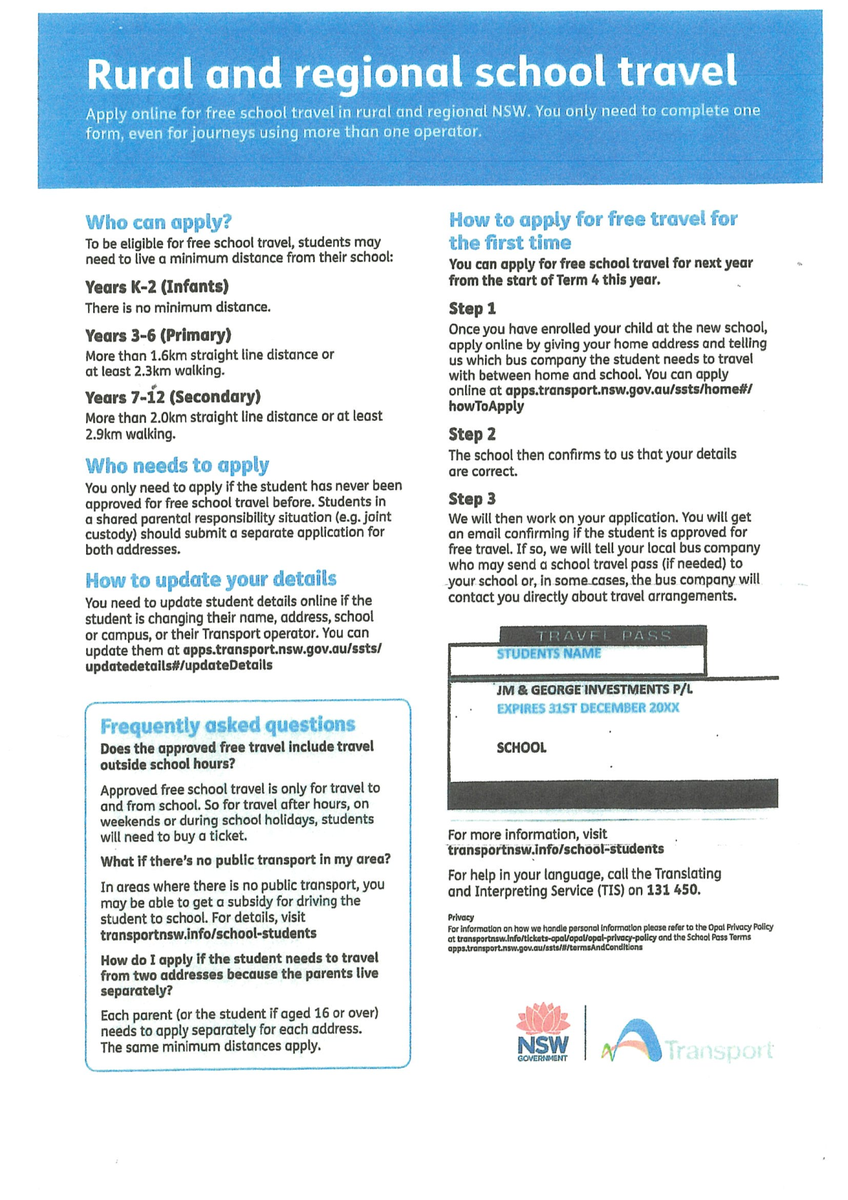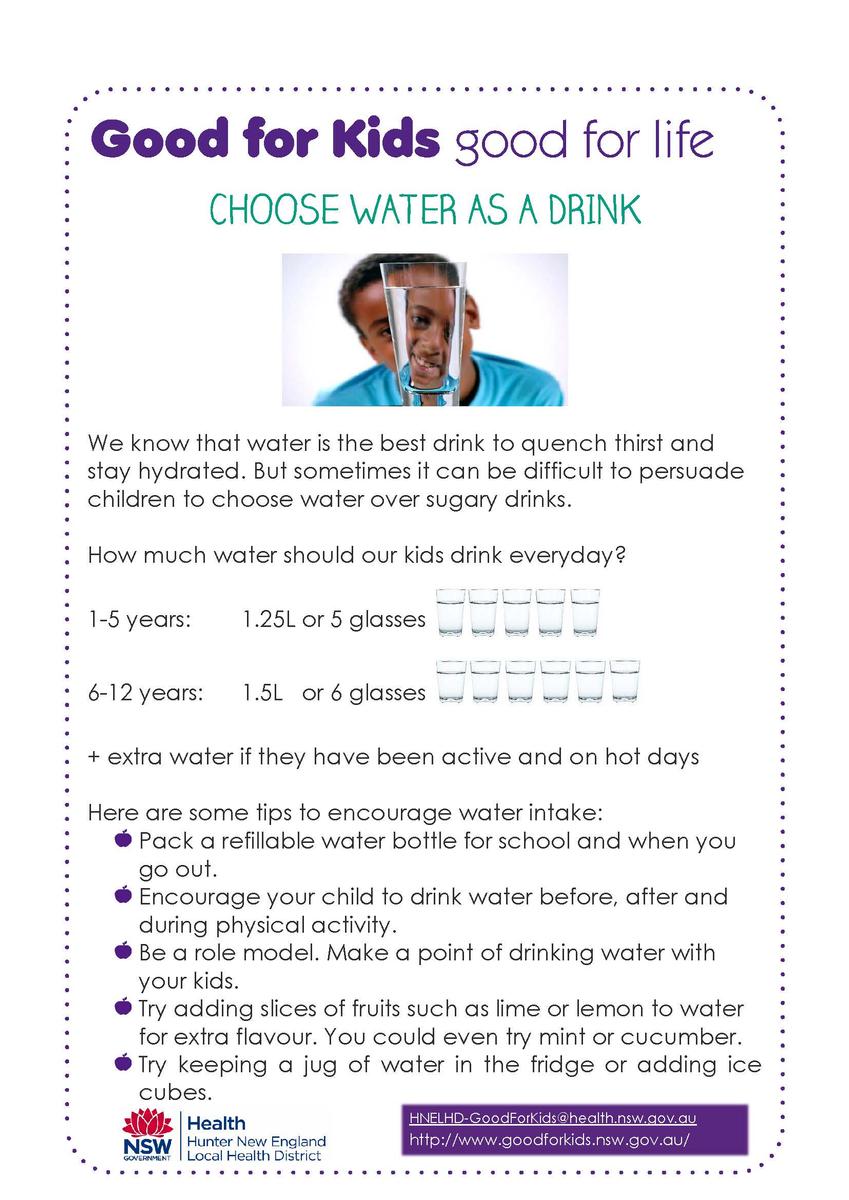Important Information

Expect Respect program
As part of our revamp of our Anti-Bullying policy at Guyra Central School we have launched our Expect Respect program. The program ties in really closely with our existing PBL values of Pride, Respect & Responsibility. As with PBL it teaches all students to be able to recognise bullying and other similar disrespectful behaviours and then how to respond. It centres around the school wide stop phrase of ENOUGH. All students K-12 have had their first lessons in Expect Respect and a parent letter explaining the system in more detail will follow.
Please contact the school to speak to someone if you have any concerns about bullying.
Dear Parent(s) or Guardian(s),
Guyra Central School has been implementing a program, Positive Behaviour for Learning, for many years. This program teaches students the core values of pride, respect and responsibility.
One of the more challenging obstacles for schools relates to socially aggressive behaviour, also known as bullying and harassment. Bullying and harassment includes taunting, rumour spreading, humiliation, name-calling, exclusion, and physical aggression. These behaviours can be particularly challenging for school staff members to address because they are often covert.
Expect Respect is a program designed to empower students to positively impact the social environment in their school. We help students accomplish this by teaching them specific skills and including them in discussions about how these issues can best be addressed.
There are three strategies we want students to learn, and there is one strategy for staff members to learn, as part of Expect Respect. They are:
Stop Strategy - ENOUGH
In a situation where disrespectful behaviour occurs, it is important for student recipients to utilise the following steps in an effort to stop the problem behaviour before it escalates.
If someone treats you in a way that feels disrespectful:
• Step 1: Use the school-wide stop phrase - ENOUGH
• Step 2: If the person stops, say something like “Cool” or “OK” and move on with your day.
• Step 3: If the person does not stop, decide whether to ignore the person or seek support.
• Step 4: If you decide to ignore, don’t look at or talk to that person. If you decide to seek support, select a school adult to approach and ask for support.
Stopping Strategy: In a situation where a student asks another student to stop behaving disrespectfully, it is important for the accused student to utilise the following steps in an effort to de-escalate the situation.
If someone uses ENOUGH toward you:
• Step 1: Stop what you are doing, even if you don’t think you are doing anything wrong.
• Step 2: Remind yourself “No big deal if I stop now.”
• Step 3: Say “OK” to the person who asked you to stop and move on with your day.
Recruiting Support Strategy: In a situation where the recipient of disrespectful behaviour has attempted to stop the behaviour, yet the problem behaviour continues, it is important for the student recipient to take the following steps to recruit support for de-escalating the conflict.
If you use the School wide stop phrase and the person doesn’t stop:
• Step 1: Decide whether to ignore it or seek support.
• Step 2: If you seek support, select a school adult to report to.
• Step 3: Approach the adult and say, “I’m having a problem with ______. I asked her to stop and she continued.”
• Step 4: If the adult doesn’t have time to help solve the problem right then, ask the adult when she will have time and make an appointment.
Providing Support Strategy (for adults):
In a situation where a student comes to you with a conflict that they cannot resolve on their own, it is important to take the following steps in order to help the student resolve the situation.
If a student approaches you with a problem involving disrespectful behaviour:
• Step 1: Say “Thanks for telling me.”
• Step 2: Listen empathetically. Ask if this is the first time; determine who, what, when, and where.
• Step 3: Ask the student if the person who didn’t stop is likely to retaliate if confronted.
• Step 4: Help the student select a course of action.
Here’s how you can help:
If your student reports a situation that sounds like bullying or harassment, please do two things:
1) Try using the steps in the Providing Support Strategy (above),
2) Please contact a school adult to report the situation.
Since a high percentage of incidents are covert, the school adults may not be aware of a bullying situation. By contacting us, you will be helping us to take actions that will help to create a supportive and inclusive school climate. Your involvement in helping us create a safe school environment for all students means so much to our staff, teachers, and community.
Thank you for your assistance,
Michelle Nicholson
Principal Guyra Central School



